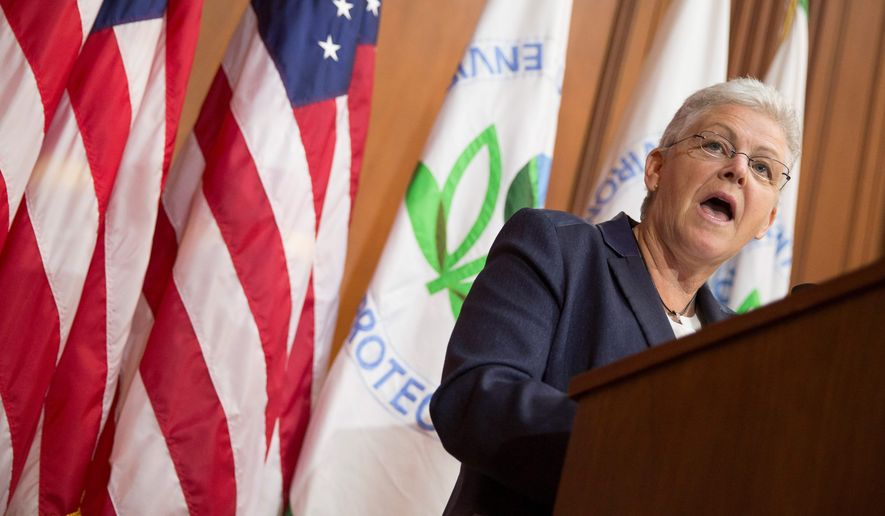OPINION:
This week, the Senate will vote on ratification of the Kigali Amendment, a United Nations climate change treaty that places costly restrictions on hydrofluorocarbons (HFCs) – chemicals that are needed to operate hundreds of millions of American home and vehicle air conditioners, as well as refrigerators. They are also used by millions of American businesses — from the refrigerators and freezers in restaurant kitchens to the industrial process refrigeration systems used by manufacturers.
The Amendment places limits on future production of HFCs ostensibly because they contribute to climate change, although they represent only 3% of current greenhouse gas emissions.
The reality is a bit darker.
The most ardent supporters of the Kigali Amendment are (surprise!) chemical companies that have developed and patented a number of expensive chemicals to take the place of the relatively inexpensive and plentiful HFCs.
As a direct result of the ratification of the Kigali Amendment, repair costs for equipment, especially replacing refrigerant that has leaked (and all air conditioners eventually leak), will rise as supplies of HFCs dwindle and prices rise. New air conditioning and refrigeration systems will also become more expensive as they will have to be rebuilt to use one of the non-HFC refrigerants, which costs a lot more than HFCs.
Not surprisingly, the poor, the elderly, those on fixed incomes, and local institutions like schools and hospitals will be hardest hit by the cost increases.
The chemical companies that stand to make money from the new regulatory regime imposed by the UN-constructed Kigali Amendment don’t really care about that. Their lobbyists have managed to weave a fairly impressive web of falsehoods about the Amendment, among them that failure to ratify the Amendment would subject U.S. manufacturers to serious trade restrictions (it wouldn’t); that the Amendment is essential to provide access to international markets and level the playing field for replacements for HFCs (it isn’t); and that the Amendment will boost exports (it won’t).
In December 2020, Congress passed domestic limits on HFCs. These provisions, no surprise, were actively supported by the chemical companies who stand to make money from phasing out HFCs. Most American consumers and businesses have no idea what was being proposed nor the impact it will have on them.
Even Senators who supported those restrictions in 2020 should oppose ratification of the Kigali Amendment now because ratifying the Amendment would outsource this particular policy to the United Nations. Handing regulatory authority over one of the most important industries in the United States to the bureaucrats at the UN is a bad idea.
Finally, our principal adversary – communist, genocidal China — is classified as a developing nation under the Kigali Amendment, which means it gets favorable treatment compared to the U.S. and other developed nations.
Under the Amendment, developing nations are given an extra decade to phase down their HFC production. So, China will still have plentiful supplies of inexpensive HFCs for their domestic use long after the U.S. Senate imposes a phase-out on the citizens and businesses it nominally represents.
Ratifying the Kigali Amendment will make American citizens and businesses poorer, will make multi-national chemical companies richer, will make the United Nations and communist China stronger, and will make American industry less competitive. The Kigali Amendment is about gouging the American people and compromising American sovereignty, essentially at the whim of a bureaucracy guided by the chemical industry.
The United States Senate should reject it.




Please read our comment policy before commenting.